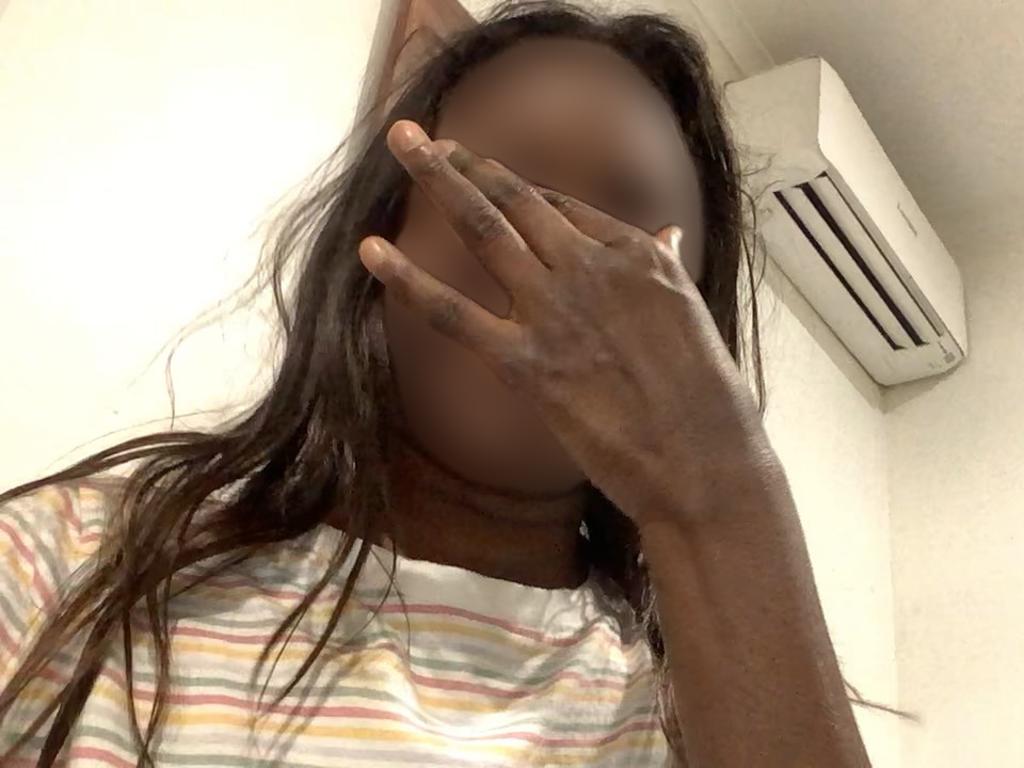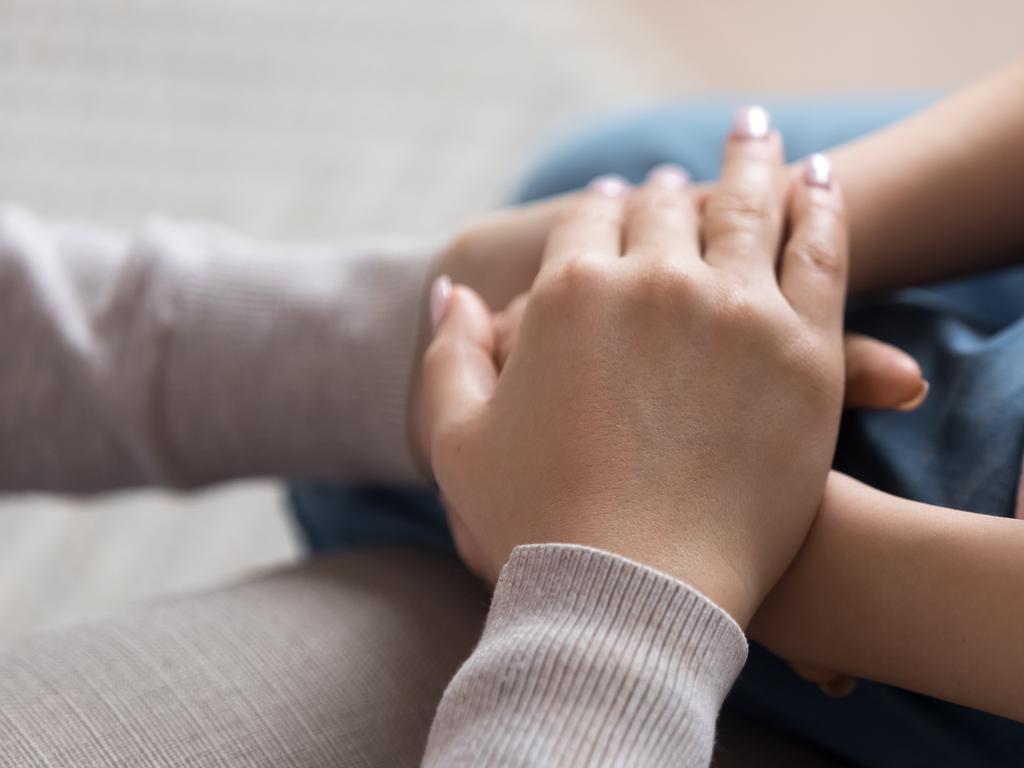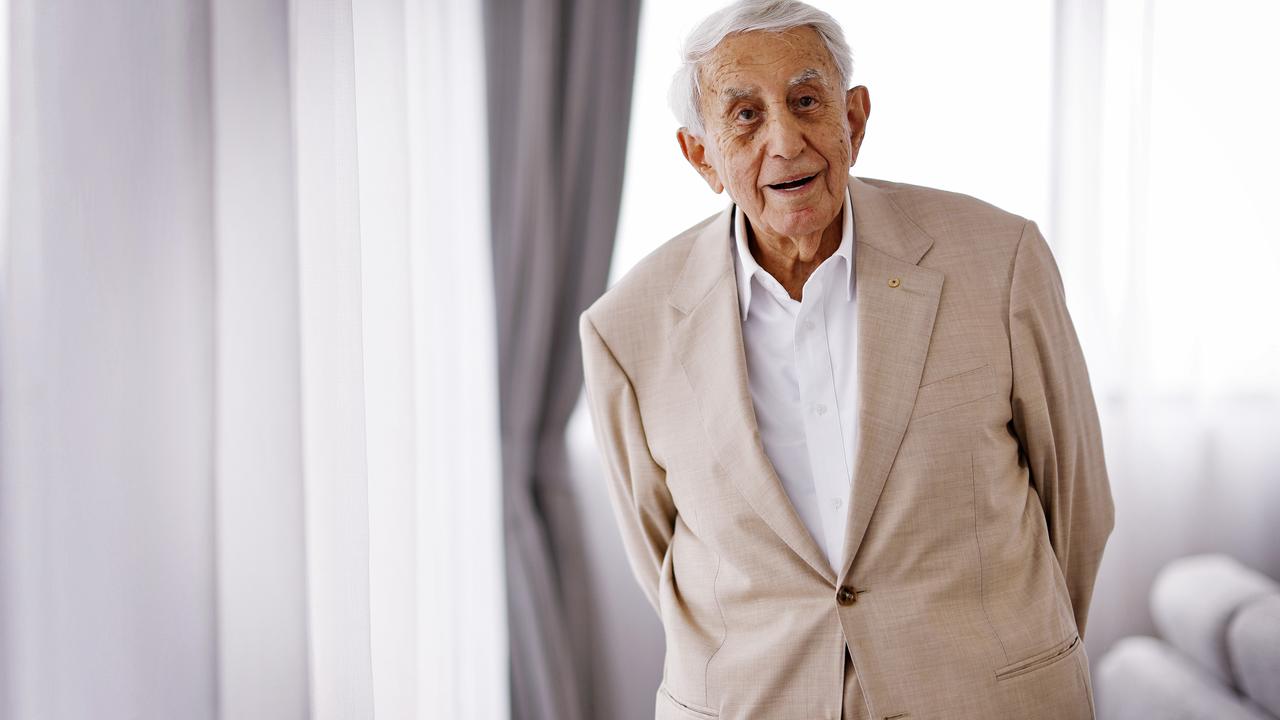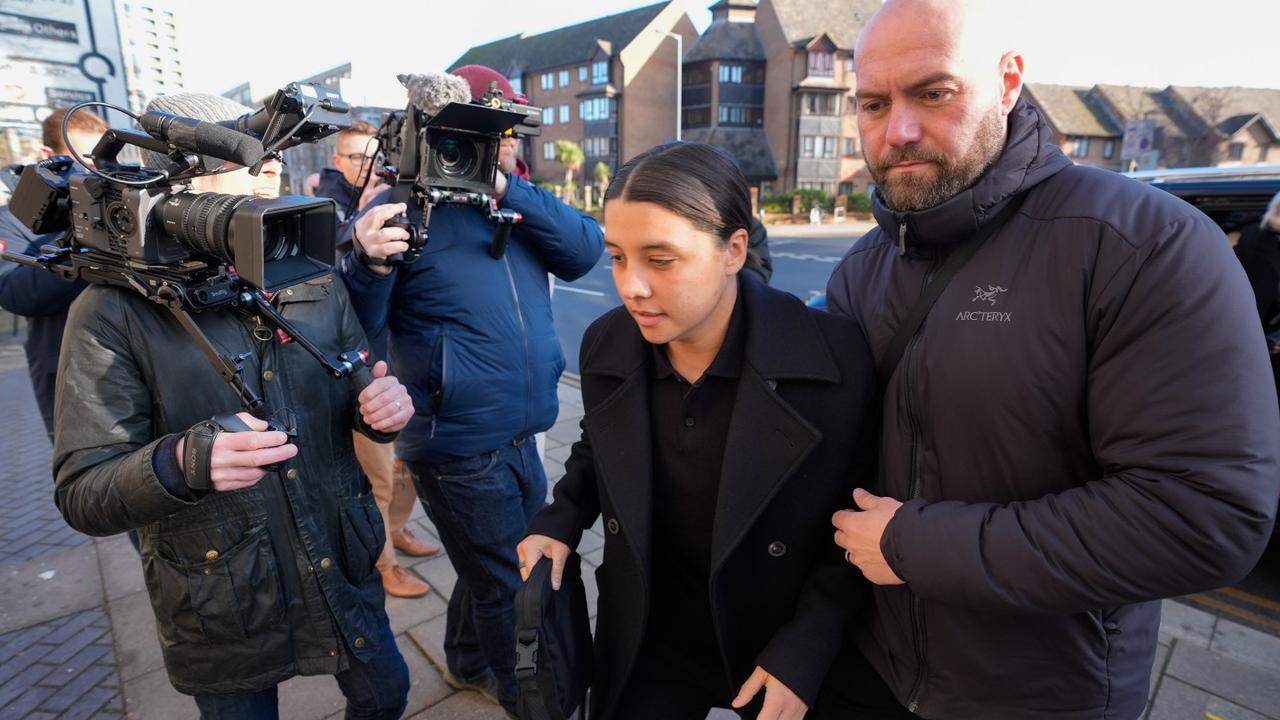Traumatised Indigenous foster kids ‘harmed again by the system’
As Senator Jacinta Nampijinpa Price raises concerns about the system of kinship care among Indigenous families, foster parents have come forward with distressing stories of their own.

Two Indigenous children were taken from their long-term and loving foster carers by Territory Families and placed back in the system where they have been shuffled through multiple homes, leading to claims that vulnerable kids are being re-traumatised by bureaucrats.
Their white foster parents Tom*, a teacher, and Marie*, a health worker, were left in disbelief when the siblings they had raised for nearly ten years, since they were babies, were abruptly removed from their Northern Territory home two years ago. “We were not permitted to have any contact with them, not even to explain or say goodbye,’’ the foster parents say. “It was brutal.”
The older sibling, Milly*, who was not yet a teenager, refused to stay in any of the new placements and kept running away, back to the people she calls Mum and Dad. “She went through [over ten] foster placements and two residential centres,’’ Tom says. “A mentally unwell child, and they did that to her. On what planet is that OK?’’
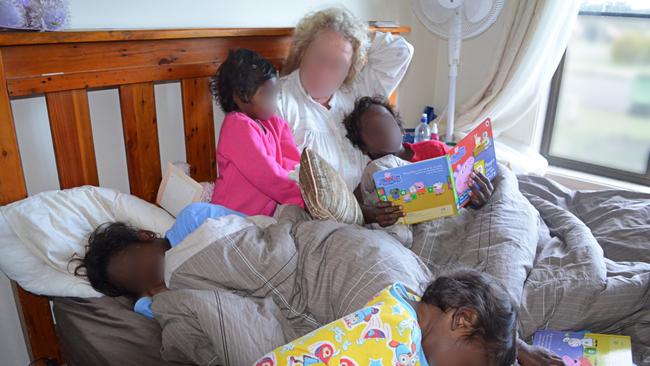
She is now back with her foster family because she refused to stay away. Wary of strangers and scared of being taken again, she now keeps a stick by the front door. Benny, who has been in over five homes, is living nearby, but is still not allowed to visit Tom and Marie. When they saw him in the past year he had scabies on his arms and legs.
The story of child removal comes as a growing national spotlight falls on Territory Families following claims from NT Country Liberal senator Jacinta Nampijinpa Price, the newly appointed opposition spokeswoman for Indigenous Australians, that children’s needs are being overlooked. In NSW, The Australian has reported on the court cases of Indigenous children fighting to be adopted by their white long-term foster parents.
Tom and Marie and another carer in the Territory who spoke to The Weekend Australian, support Senator Price’s calls for a royal commission or inquiry. They say that traumatised children are being re-traumatised by the system and good foster carers, already in short supply, are being mismanaged and burnt in the process. Other carers who wanted to talk were fearful that their foster children would be removed if they spoke out.
Tom and Marie were approached by The Weekend Australian about their more than a decade-long ordeal fostering Milly and Benny and their older siblings Jess and Yakamurro, who killed himself at the age of 15. Their case is emblematic of the complex world of fostering Indigenous children.
All four children were removed from their birth parents due to neglect, malnourishment, and extreme family violence. The siblings all had complex needs and serious psychological issues and three of the children were diagnosed with foetal alcohol spectrum disorder. Suitable kinship care could not be found although the foster parents have forged a close ongoing relationship with the biological family. Tom and Marie’s story is of a constant struggle to access help and support for themselves and the children in a bureaucracy that they say is rigid, overwhelmed by complex cases and constant turnover of staff.
“We made a lifelong commitment to the four children but we have lost all faith in Territory Family’s ability to protect, respect or support us in their care,” the couple say.
They say that after all their years fostering, their authorisation as carers was not renewed and Benny and Milly were removed before they could respond to any allegations made against them.
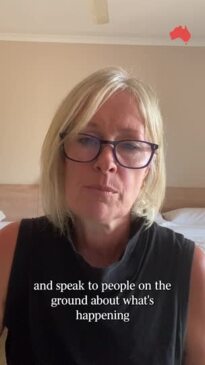
“Had we been given the opportunity to respond, the issues could have been examined and quashed and the children would not have been traumatised by being removed from our care,’’ they said in a letter to Territory Families.
After complaining to the Office of the Children’s Commissioner about their treatment, it was found that Territory Families had not adhered to its own policies regarding placement changes: “OCC review of records verified there were harmful impacts on the children as a result of there being no transition plan or planned steps to be taken during the transition period.”
The review also found a lack of timely and meaningful responses from Territory Families to the foster parents. A spokesperson from Territory Families would not comment on case specifics but said the department valued the hard work of foster and kinship carers and he outlined the support structures in place to help carers. The spokesperson said the safety of children is the highest priority. “It isn’t easy being a carer at times, particularly when caring for children with complex and challenging behaviours.”
Tom and Marie believe it is always best if children can stay with their birth family if it’s possible. But as a white couple caring for Indigenous children they feel they’ve been judged and held to a different standard. At one stage, while living in another state, they were told by authorities that the children would be taken from them because Tom and Marie weren’t Indigenous.
Under the Aboriginal child placement principle the children would be placed with Indigenous carers and possibly split up. This is a long-standing practice, to place Aboriginal children with family or community to ensure they stay connected with their culture.
“It was devastating to be told that they were going to take the kids away from us, and potentially separate them, because we are not Aboriginal,’’ Marie recalls. “We’d promised their [birth parents] that we would look after these kids.’’
That meeting sparked a disastrous chain of events, forcing them to move back to the Territory with three children, leaving behind Yakamurro now caught between Territory Families, his official custodian, and authorities in the southern state. He took his life in a residential care home outside the NT. Both departments conceded mistakes in their care of him.
Senator Price has called for child protection to become a federal responsibility and has raised concerns about the system of kinship care, which aims to place Indigenous children with Indigenous carers.
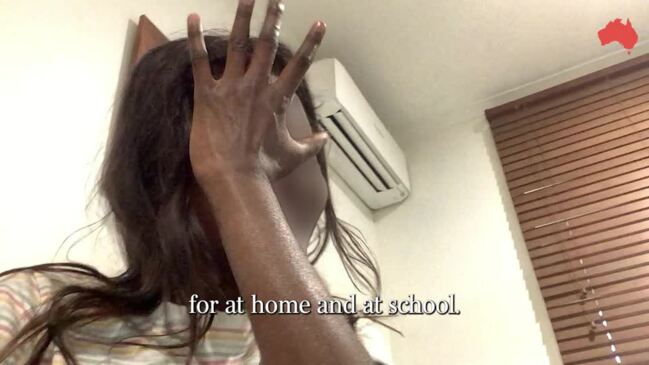
“It’s about the kids ultimately,” Senator Price has told The Weekend Australian. “It’s about their well¬being, it’s about their long-term care. It’s about them not being afraid that they might be removed from the loving, caring circumstances that they’re currently in.”
According to the NT children’s commissioner’s most recent report, about 90 per cent of the 901 children in out-of-home care (OOHC) in the top end are Aboriginal. Due to a shortage of suitable kinship placements, more than half of those Indigenous children are placed with non-Aboriginal carers.
Another non-Aboriginal foster carer in the NT tells The Weekend Australian of her experience of taking in Indigenous children. She shows me photographs of children she was told would be placed with her long term, only to have them suddenly moved to another house to live with a sibling, or placed with strangers back in community.
“I’m not anti any of that if it’s in the best interests of the child but when a child has to change placement it should be better managed,’’ she says. “It’s terrible for the kids and the carers. These children come into your life and you love them. They need love and you give it and then it feels like you and the children get punished because you’re too emotionally attached.”
“Damaged children, removed from damaged families, are then damaged by the system. How is any of this in the best interests of the child?”
Tom and Marie feel that their requests for support and respite, for recognition of their foster children’s challenging behaviours and psychological needs, put them on a wrong footing with Territory Families caseworkers from the outset. “We advocated very strongly for these children and we asked for help,” Tom says. “But we felt we were persistently blamed for the children’s behaviour, blamed for being stressed, that it was our parenting that was at fault rather than the lived trauma of these children.”
In the reams of paperwork from their years of living with the four children they have photographs of bruises and bite marks and damage to their home. There have been times of extreme stress and overwhelming grief in the years following the death of Yakamurro.
Their files also highlight years of miscommunication and misunderstandings with Territory Families staff, claim and counter claim, and a constant turnover of caseworkers. But there are many glowing references from people who know and work with them. A psychologist who dealt with both parents and children wrote: “In my experience … both carers have shown a lot of resilience and love towards the children. They have shown to be very capable of caring for the children and in my opinion, would be the best carers for [them].’’
At one point Tom and Marie told the department that if better carers for Benny and Milly could be found then they would support that transition.
“We were constantly being told that we weren’t good enough so we said if they could find a wonderful family alternative then, for the children’s sake, we would support that as long as we could still be involved,’’ Tom says.
”
*All names have been changed.
Read The Weekend Australian’s full investigation.
If you or anyone you know is struggling, call Lifeline 131114.



